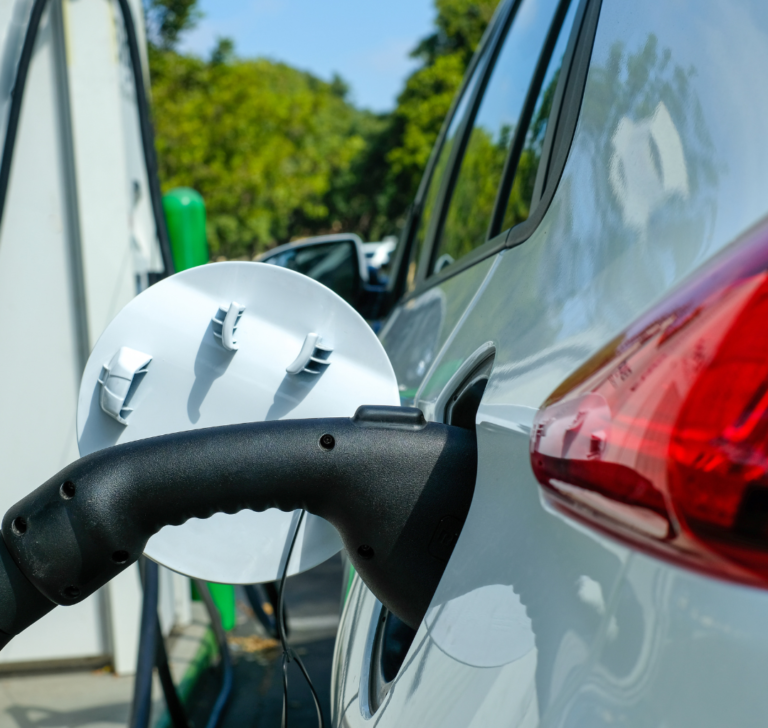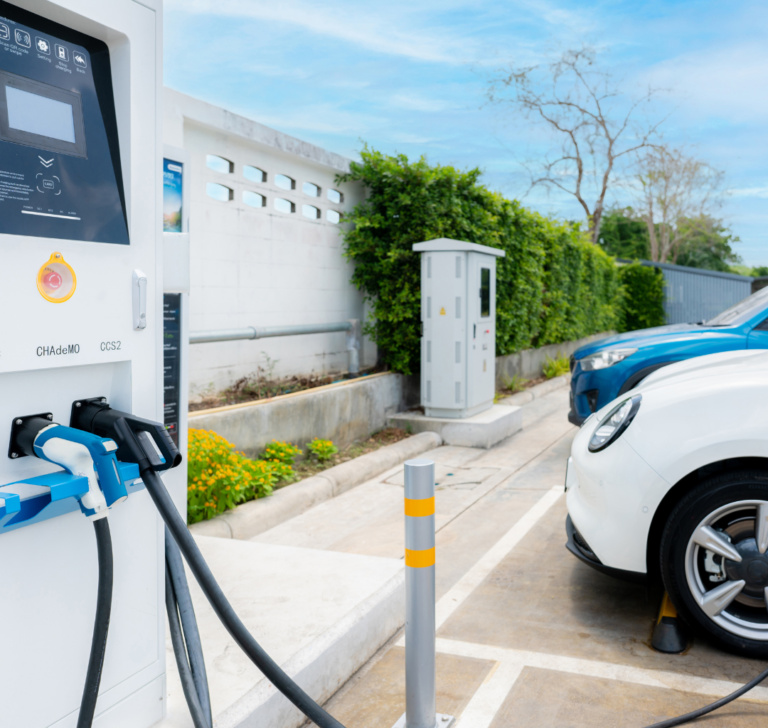States that have implemented regulations to achieve 100% zero-emission vehicles
The path towards vehicle electrification still has a long way to go; however, some states in the U.S. are taking decisive steps to drive the transition towards phasing out fossil fuel vehicles. A prominent example is California, which has implemented the Advanced Clean Cars II regulation, aiming for all vehicles in the state to be zero-emission by 2035.
California is not alone in this effort, as other states are also adopting similar measures pointing towards a reality where zero-emission vehicles dominate the automotive industry. How will this be achieved? Reaching 100% zero-emission vehicles is a considerable challenge, but this is how states are tackling it.
California
As mentioned earlier, the Advanced Clean Cars II regulation mandates that by 2035, all vehicles sold in California will be zero-emission. The regulation builds upon the already growing state market for zero-emission vehicles and strict vehicle emission control standards, expanding them to meet stricter standards for exhaust emissions.
The regulation has two goals: increasing the number of zero-emission vehicles, such as electric vehicles, and establishing stricter standards for gasoline vehicles and heavy-duty trucks to reduce emissions contributing to smog.
New Mexico
New Mexico is moving towards emission reduction with the Clean Fuel Standards for Transportation, enacted through HB41. Additionally, starting in 2026, 43% of all new passenger cars and light-duty trucks shipped to New Mexico car dealerships by domestic car manufacturers must be zero-emission vehicles. The same applies to 15% of all new heavy-duty commercial trucks shipped to New Mexico car dealerships.

Maryland
In September 2023, the Maryland Department of the Environment (MDE) officially adopted the Advanced Clean Cars II regulation, making Maryland the first state in the region to do so. Backed by its 2030 Greenhouse Gas Reduction Act, which sets a 50% reduction target by 2030, in line with the Maryland Commission on Climate Change recommendations.
In Maryland, Advanced Clean Cars II builds upon the current Clean Cars Program to require manufacturers to continuously increase the proportion of electric vehicles they sell, reaching 100% of passenger cars and light-duty trucks sales by the 2035 model year.
Washington
Washington leads in environmental regulations with the Climate Commitment Act (CCA), which sets limits and reductions on greenhouse gas emissions for major emitting sources and industries. This law allows companies to find efficient ways to reduce carbon emissions, crucial for meeting the commitment to reduce emissions by 95% by 2050. Additionally, Washington is adopting stricter vehicle emission standards, aligning with California regulations from the 2025 model year onwards.
Despite criticisms and challenges facing these regulations, other states are beginning to join and pass them for subsequent implementation. Some of the states listed in this effort are:
- Delaware
- New Jersey
- New York
- Oregon
- Virginia
- Vermont
- Nevada
- Minnesota
- Colorado

These regulations promise significant reduction of air pollutants affecting public health and contributing to climate change. Not only do they aim to foster the growth of the zero-emission vehicle market, but the regulations also seek to improve internal combustion engines, offering additional benefits for public health. However, both organizations and dealerships continue to question their implementation.

$170 billion at stake: 1,500 companies demand tariff refunds
Companies have challenged the global tariffs imposed by President Donald Trump, asking federal courts to reactivate proceedings to begin the refund process. The companies that

In brief: enforcement measures target speeding, CDL training gaps and more
Major enforcement actions across the U.S., including speeding, CDL fraud, and chain violations Colorado launches Speed Enforcement Program The Colorado Department of Transportation (CDOT) has

Chinese Vehicles Raise Espionage and Remote Sabotage Concerns
Investigations into Chinese technology in connected vehicles warn of espionage risks, massive data transmission, and potential remote access vulnerabilities that concern U.S. transportation and security

Between the Court and the Fed: the market redefines its roadmap for 2026
Trade policy in limbo as markets price in 2026 rate cuts and Supreme Court strikes down Trump tariff plan. In the latest episode of the

New 10% U.S. import tariff takes effect amid legal and market uncertainty
The implementation of these new tariffs has generated global uncertainty among exporters, increasing confusion around U.S. trade policy. The United States has implemented a new

Military Trucks That Moved a Base in Syria
Convoys of advanced HEMTT and PLS military trucks carried armored vehicles, prefabricated base structures, mobile workshops and heavy equipment during the U.S. withdrawal from northeastern
